President-elect likely to make some big changes to America’s foreign policy in region, analysts say
PUBLISHED : Thursday, 10 November, 2016, 7:04am
UPDATED : Thursday, 10 November, 2016, 10:18am
US presidential elections hardly ever hinge on foreign policy, but Donald Trump’s victory has raised serious concern in Asia about US policy in the region, given his rhetoric on the campaign trail on diplomatic isolation and trade protectionism.
While most analysts said they did not think Trump would make good on his claims to take the United States back to its pre-second world war level of isolationism, many expected some major changes to US foreign policy towards Asia during his presidency. Those changes, they said, could reshape the region’s politics and economic landscape for years to come.
At the end of the day, he cannot single-handedly take the US back to the isolationist past
Chengxin Pan, international relations analyst at Deakin University in Australia, said Trump might make some correction to the interventionist path adopted by previous administrations, “ but at the end of the day, he cannot single-handedly take the US back to the isolationist past”.
At stake is the fate of US President Barack Obama’s two main diplomatic strategies in Asia: the US military “pivot to Asia” and the Trans-Pacific Partnership, a Pacific Rim trade deal.
Under Obama’s “pivot to Asia” strategy – which was later toned down to a “rebalancing towards Asia” – 60 per cent of US naval assets are to be deployed in the Asia-Pacific in what many see as an attempt to contain China’s rise.
In his campaign, Trump called for the US military to withdraw from Asia and for US allies such as Japan and South Korea to take up more responsibility for their own defence.
Analysts said that approach would not only destroy those alliances, but also destabilise Northeast Asia’s precarious balance.
Many said that without a US alliance, both Japan and South Korea were much more likely to develop their own nuclear weapons to counter threats from North Korea and a nuclear-armed China, devastating prospects for preserving the nuclear non-proliferation regime.
The biggest blow to Asia would be if the US military withdrew and gave up its alliances in the region
“The biggest blow to Asia would be if the US military withdrew and gave up its alliances in the region,” Yuan Zheng, a US specialist from the Chinese Academy of Social Sciences, said.
But Yuan said Trump’s administration would pay less attention to Asian affairs and focus more on domestic issues.

Analysts said Trump’s rhetoric was already having an impact in East Asia, with South Korean National Assembly members from both major parties calling for Seoul to develop nuclear weapons.
A US military withdrawal would also raise the prospect of a regional arms race that could quickly spiral out of control as territorial disputes in the East and South China seas escalated tensions in a region that accounts for nearly 30 per cent of the world’s economy.
Pan said the consensus at the top in the US was that Washington needed to lead the world and prevent a major competitor rising to dominance in Asia. “I think this elite consensus is unlikely to be revised soon,” Pan said.
“Though the name of the ‘pivot to Asia’ may be dropped, the US’ regional allies will seek to pressure the new administration, and so a similar policy might continue under a different guise.”
Though the name of the ‘pivot to Asia’ may be dropped, the US’ regional allies will seek to pressure the new administration, and so a similar policy might continue under a different guise
Yuan agreed that Trump was unlikely to make a big change to Obama’s rebalancing in Asia.
“The American elites will not agree with what Trump has said [about Asia diplomacy] and I believe there will be no change to the US’ Asia rebalancing strategy,” he said.
The other big concern for the region is the future of trade. Asia’s exports account for a quarter of its gross domestic product and a fifth of them go to the US market.
Obama sought to bring the US and 11 Pacific Rim countries under the TPP umbrella to check China’s rising economic influence in the region.

But most analysts said Obama’s TPP was likely to die a quiet death and trade tension would increase.
Laurence Brahm, a Beijing-based political economist and foreign policy adviser to the US Green Party, said Trump’s trade policy would soon be felt across Asia.
“As an outcome of the election we can expect months of global market volatility that will of course hurt Asia,” Brahm said.
He said Beijing would need to be well prepared for the policy change, with Trump threatening to impose a 45 per cent tariff on imports from China.
Brahm also said that to a great extent Beijing had been preparing for a world with a less stable and predictable Washington.
I expect a tougher posture on issues related to international trade and commerce including a major push for reciprocity in bilateral economic relations
Paul Haenle, director of the Carnegie–Tsinghua Centre based at Tsinghua University in Beijing, said such tariffs would be a double-edged sword for the US because they would threaten the interests of US exporters who needed access to overseas markets and also US businesses that relied on commodities or products made overseas.
“I expect a tougher posture on issues related to international trade and commerce including a major push for reciprocity in bilateral economic relations but we will have to wait to see how this will be done,” Haenle said.
Allen Carlson, the Michael J. Zak chair of history for US-China relations at Cornell University, said that so far Trump’s comments about China were limited to US jobs.
“All that he has presented regarding the country is jingoistic slogans about its stealing of American jobs and manipulation of trade and currency, and the cost that such moves has had for America and the American people,” Carlson said.

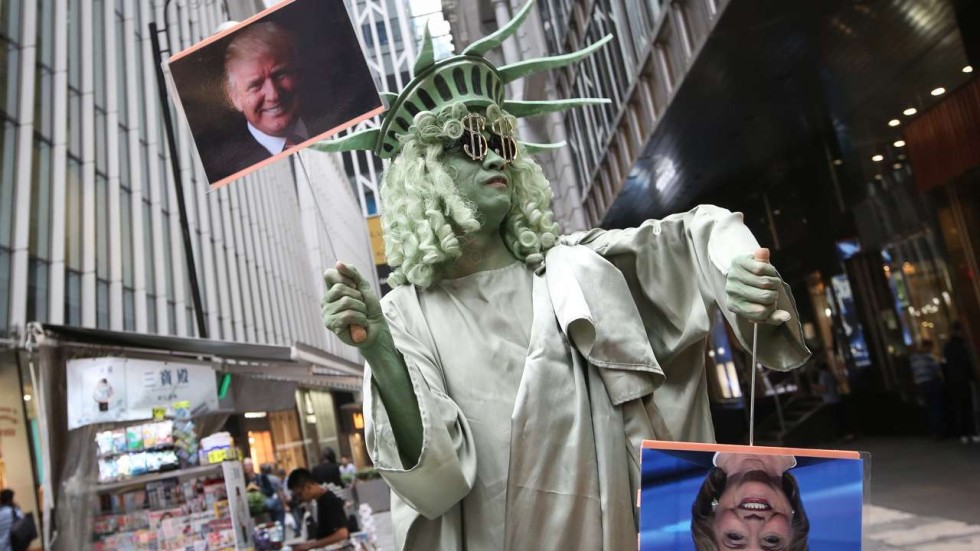
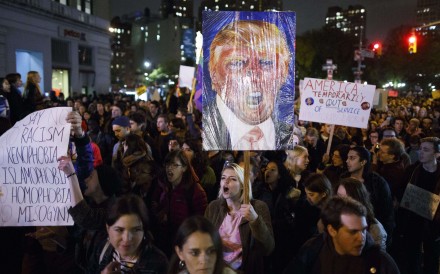
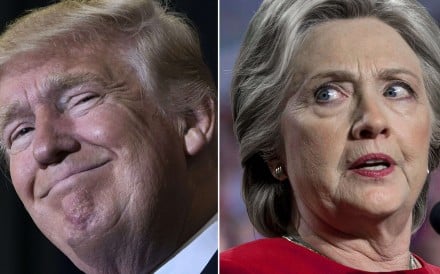
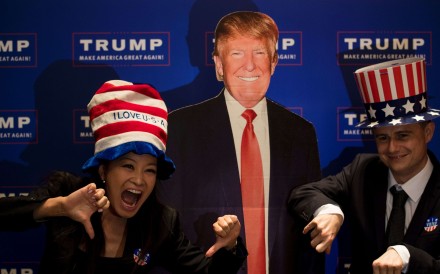










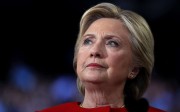

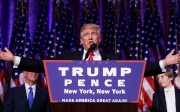
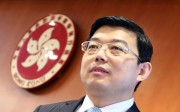
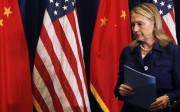


No comments:
Post a Comment